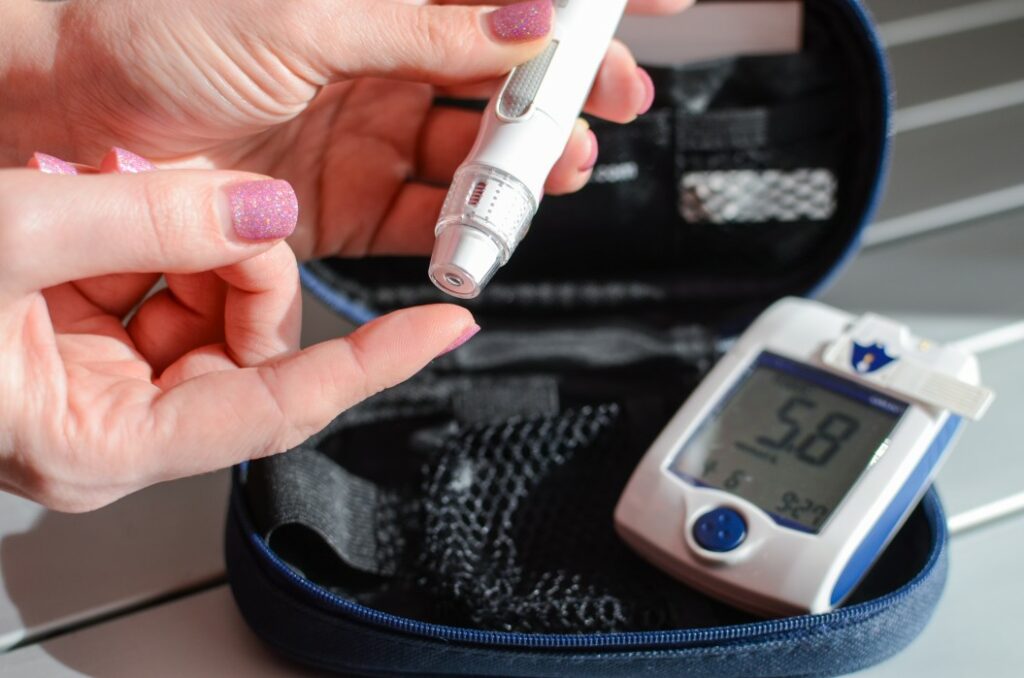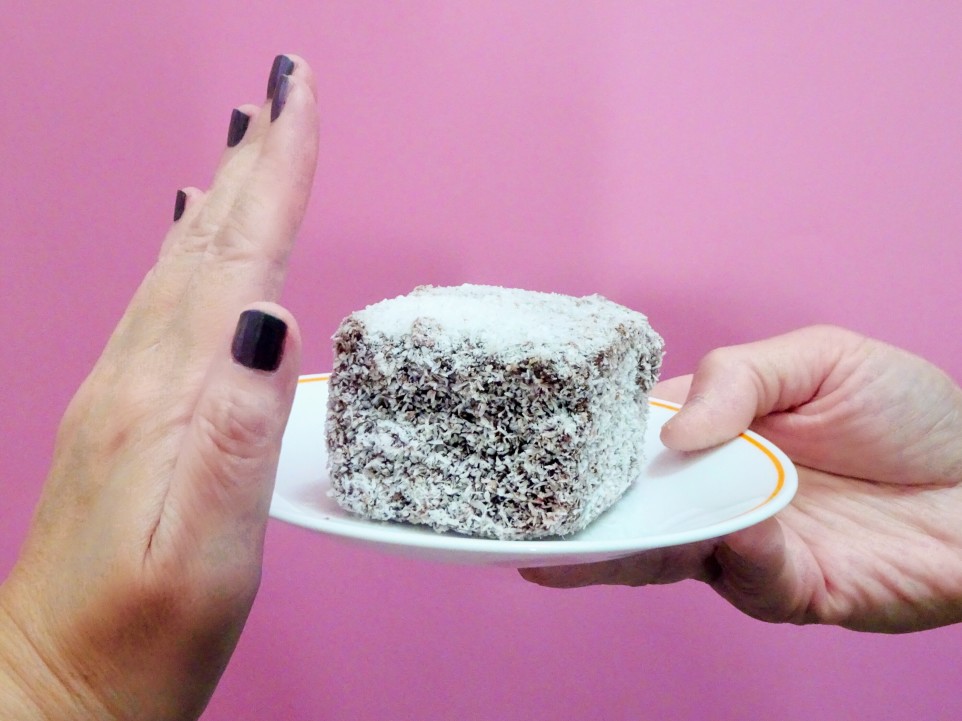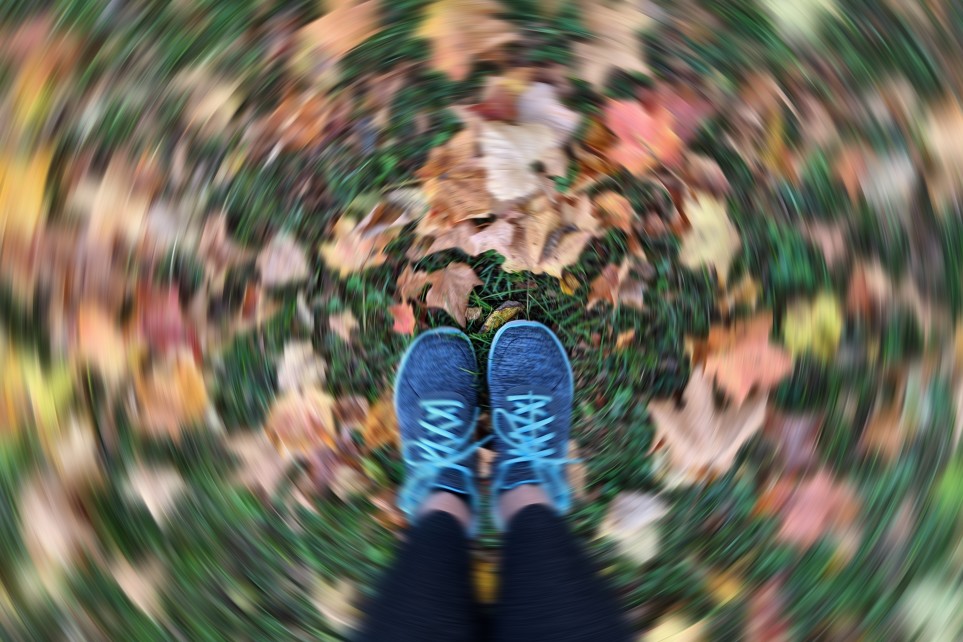Why Do I Feel Dizzy After Eating Sugar
Feeling dizzy after eating sugar is a common occurrence for many people. This can be not only unpleasant, but also unsafe if it leads to vomiting. Keep reading to learn more and see the tips on how you can diagnosis yourself and evaluate what is causing this dizziness.
Many of us have had the experience of feeling lightheaded or even severely dazed when they consume large amounts of sugar at one time, often following very quickly by an intense crash-effect.
I remember the first time I felt it in my early 20s. I had eaten some cookies, then a handful of chocolate chips, followed by a few candies, and before I knew it I was much less stable on my feet and not feeling very well.
So, this question might be concerning you -“Why Do I Feel Dizzy After Eating Sugar?” There is a number of possible causes of dizziness after eating sugar. In this article, we will explore the diagnosis of this condition and how you can prevent it from happening to you.
[et_bloom_inline optin_id=”optin_1″]
What Causes Dizziness after Eating Sugar?
Many people feel dizzy after eating sugar because they have food sensitivities. Or, they have a reaction to the chemical composition of sugars in foods and eat too much at one time without knowing it. If the reaction occurs with fruit, you can know that is has caused a problem because of the fruit’s natural sweetness.
Sugar is made up of two smaller molecules called glucose. Glucose is nothing more than a type of food that the body uses for energy, like carbohydrates. Glucose is made from an amino acid called glucose-6-phosphate. The body recognizes it as an important nutrient, so does not treat it any differently from what it does with other carbs. The body breaks it down and absorbs it into the bloodstream. As this is happening, fructose is also being broken down and absorbed.
Symptoms from eating too much sugar can seem like a number of different issues. Dizziness, fatigue, stomach issues and headaches are all possible signs of sugar imbalance or even simply the digestion of sugar itself.
Underlying causes that may cause dizziness after eating sugar!
Hyperglycemia
If your fatigue after eating is followed by symptoms such as heart palpitations, nervousness, dizziness, light-headedness, headaches, sweating, insomnia, and panic attacks, you may be suffering from reactive hypoglycemia. This condition can affect diabetics and non-diabetics. When a reactive hypoglycemic ingests sweets or high sugar content foods, his pancreas produces and releases excess insulin into the bloodstream. This causes your blood sugar levels to drop, creating a “sugar hangover” that gives you all the symptoms we mentioned above. As if that wasn’t enough to make things worse, when this person eats more sweets to compensate for the glucose he lacks without knowing that it’s causing these symptoms, it’s only making his problems worse.
Insulin resistance
Insulin is a hormone that allows glucose to enter the cells. If your pancreas doesn’t produce enough of this hormone, you may suffer from insulin resistance. This can cause fatigue after eating sugar or causing several other digestion issues.
Allergies, sensitivities and intolerances
Sugar can have a negative effect on virtually every part of your body because it reacts so differently to every individual. If you suffer from allergies or even sensitivities to sugars, it can cause dizziness and weakness.
Undiagnosed type 2 diabetes
If you have been feeling dizziness or weakness after eating sugar, it is important that you have a healthcare professional check your blood sugar levels. If they are high it could be a sign of diabetes. As we said before, when your blood sugar levels drop too low and then too high, you will feel dizzy faster.
Homeostasis
If you have eaten too much sugar at one time without giving yourself time to digest it, your brain’s blood sugar levels are suddenly re-set lower than they should be. This rebound effect is called homeostasis and can result in dizziness after eating sugar.
Intolerance to fructose
There are many people who suffer from fructose intolerance or a lack of tolerance for this natural sugar compound. It’s not uncommon to see people eating a high-fructose diet and not even being aware of it because it’s been so long since they stopped feeling the symptoms of a sugar overload. What these people don’t realize is that their problems start after eating too much fructose.
What are the long term effects of eating too much sugar?

Over time, eating large amounts of sugar can have a negative effect on your entire body because it is not recognized as food by the body. This causes a prolonged fight-or-flight response that can lead to other digestion issues and even more fatigue after eating sugar.
The excess amount of fructose causes more free radicals that damage the body’s tissues. It can also cause obesity, high blood pressure, inflammation, mood disorders such as depression and anxiety, and many other chronic conditions. If this sugar overload has occurred for a long time, it can eventually destroy the cells in your body.
How to Prevent Dizziness after Eating Sugar?
The best way to prevent feeling dizzy after eating sugar is to avoid eating too much of it. Before you eat any form of sugar, you should know that it is very simple for your blood sugar levels to be affected. As soon as you start to feel a sugar “high”, it is time to cut back on sugar.
Also, if you have felt dizzy after eating sugar in the past, you may be more sensitive to sugar than others are. This means that even smaller amounts of it can cause problems for you in the future.
While going completely sugar-free is most likely not realistic for most people – or even necessary for the majority of people – that does not mean that it’s okay to just eat anything that contains sugars or carbohydrates. It is important to keep a close watch on how much sugar or carbohydrates are in your diet.
Cutting back on these foods can help you avoid feeling dizzy after eating sugar. Also, if you cut back on your sugar intake, that’s one less thing for your body to process, which can help reduce the long-term damage of too much sugar from occurring in the first place.
Foods you should avoid
- Fruit Juices
- High Sugar Foods ( Candy Bars, Cake, Chocolate )
- Sugary Soft Drinks and Juices
- Foods with high carbohydrate content, such as pasta, rice, potatoes
- “Salt Sticks” and other processed, high sodium foods
- Anything containing sugar cane syrup or high fructose corn syrup
- Caffeinated drinks (Coffee,Tea)
- Artificial sweeteners (Splenda, Sweet & Low)
Tips to avoid Dizziness
- Cut down on carbohydrates – The more complex they are and the more you eat of them at one time, the worse you may feel.
- Eat smaller portions – If you eat sugar or carbohydrates after a meal, make sure that you do it about 3 hours after eating a meal. This will allow your body enough time to digest your meal so that it can pass through your digestive system.
- Hydrate – Make sure you drink lots of water. This will keep your body functioning at its optimal level.
- Eat Healthy foods – Eat more leafy greens and drink green juices. These are high in nutrients that your body needs to function properly.
- Exercise – The more active you are, the better your results will be because it helps to burn fat and calories which will increase your energy levels during the day.
- Diabetes – If you suffer from diabetes, it’s important that you monitor your sugar levels. If they are found to be in the “normal” range, make sure that you eat less sugar on a regular basis without letting yourself go overboard by eating large amounts all at once.
- Insulin resistance – If you suffer from insulin resistance, it is important that your glucose levels are in check. If your glucose levels are too high, it is recommended that you do not eat after a certain time period.
Here are some tips that may help prevent a sugar hangover!

- Eat slow- When we eat too fast, it causes our bodies to release high amounts of insulin to help digest the food that we are eating. The problem with this is that it can cause us to feel dizzy and weak if our blood sugar levels drop too low.
- Stay hydrated- Make sure that you drink a lot of water throughout the day. This can help keep your blood sugar levels steady and it will also make you feel better if you start to feel dizzy after eating something sweet.
- Avoid Alcohol- It is important that you eliminate alcohol from your diet when trying to avoid feeling dizzy after eating sugar. This is because alcohol is a type of sugar that should be avoided, especially if you have diabetes or insulin resistance.
- Avoid junk foods- Avoid eating processed foods and snacks. These are full of chemicals and artificial ingredients that can make you feel nauseous after eating.
- Avoid sugar cravings- If you feel that you have developed a sugar craving, it is important that you focus on eating protein for a change. It can help greatly to prevent a sugar hangover!
Conclusion on Why Do I Feel Dizzy After Eating Sugar
Most of us are becoming aware about the dangers of eating too much sugar and many people are choosing to cut out sugar from their diet. They feel tired, weak, confused and dizzy. This condition is known as Sugar crash or Sugar hangover. You may have questions like “why do I feel dizzy after eating sugar”, “how much sugar can I eat in one day”, or “is it possible to get diabetes if I eat too much sugar”.
There are some people out there who don’t consider that the effects of excessive sugar consumption may be linked to their health issues and others think that it’s from lack of exercise. In response to this, you need to remember that many people who have a high sugar intake have a diet rich in carbohydrates, i.e., bread, pasta and potatoes.
As long as you are not suffering from diabetes or other metabolic disorders (such as insulin resistance) then you should be fine to eat a moderate amount of sugar daily. Follow the tips above and you should be able to avoid the symptoms and have a healthy diet!
Topics Covered



